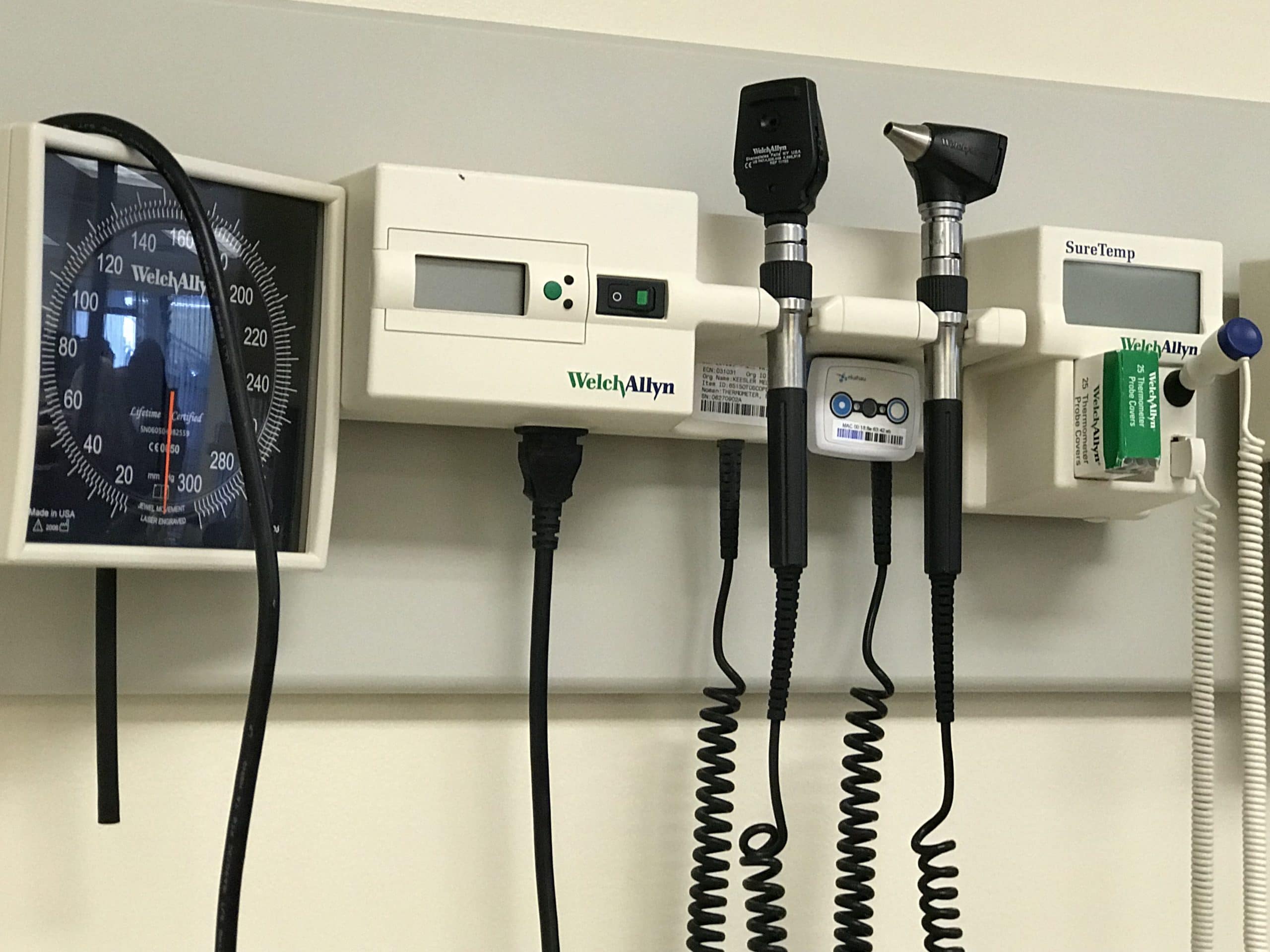Mississippi is still showing symptoms of flu season as we move into mid-February.
State Epidemiologist Dr. Paul Byers says that while flu numbers may not be quite as high as they once were, Mississippi isn’t out of the woods just yet.
“We still have high flu activity in the state. We have dropped down a little bit from that high, but that does not mean that our flu activity has hit its peak. Our flu season is not over yet,” Dr. Byers stated.
Flu season has persisted, and Dr. Byers says that a number of factors play a role. He stated that it’s a combination of the types of flu out there, how good of a match the strain is to the flu vaccine, and how effective the vaccine is. Byers went on the say that the length of the flu season is truly unpredictable.
Dr. Byers stated that the H-3 strain has been the most common during this year’s flu season, but as the season continues, they are observing more cases of H-1 and Flu B. The flu may take different forms, and each one should be treated and monitored closely.
“Any flu can be a severe infection. Even if it’s flu B, it can still cause severe complications, lead to hospitalizations, and in some cases, influenza can lead to death,” Dr. Byers said.
While this year’s flu shot may not be quite as effective as the Department of Health would’ve liked, research shows that the shot is effective in reducing the risk of major infections.
“It’s been shown that if you get the flu shot; your risk of developing those complications or having hospitalizations as the result of an infection is much less. So, it is important, not only if you’re in a high-risk category, but if you’re taking care of someone who is, that you pay close attention to that, and make sure that you’re vaccinated to protect yourself and the people around you.”
One pediatric death has been reported so far in Mississippi during this year’s flu season.
The Mississippi Department of Health recommends the following tips for flu prevention as the virus continues to spread.
- Wash your hands often
- Avoid touching your eyes, nose or mouth
- Stay home when you are sick
- Cover your mouth and nose when coughing or sneezing
- Avoid close contact with others who are ill




